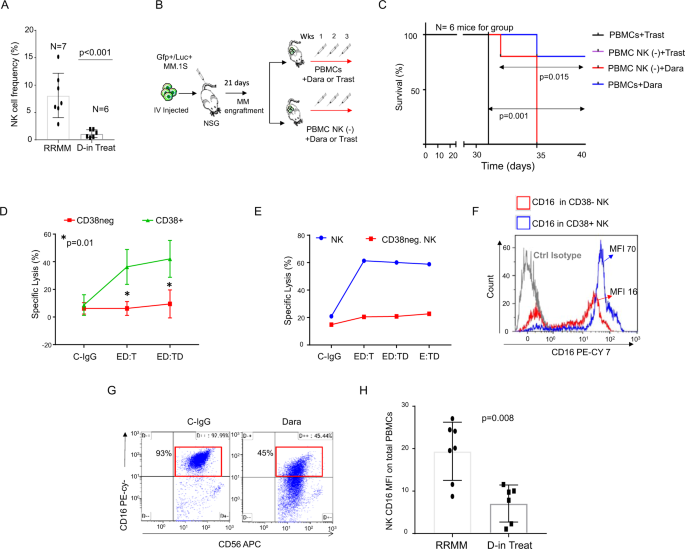poetinsf
Senior Member (Voting Rights)
Such speculation is useless unless you can identify that subgroup somehow. Then you could run the trial again only on that subgroup to validate the theory. Otherwise, it's no different than saying that anything is possible. And that is how some people try to get away with failed trial.Why can’t we state that Ritux might have worked for a subgroup?

